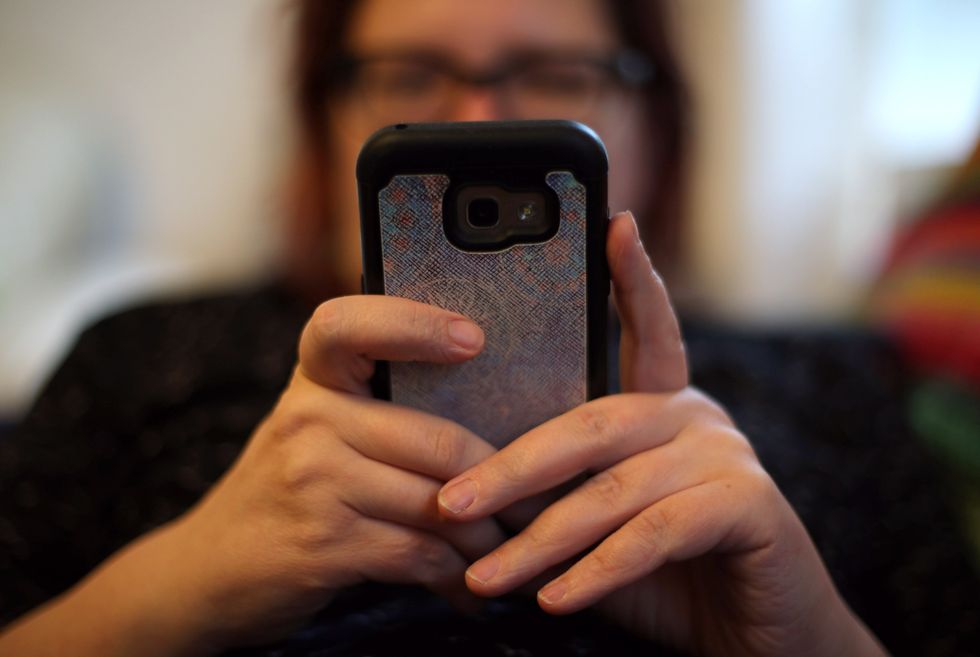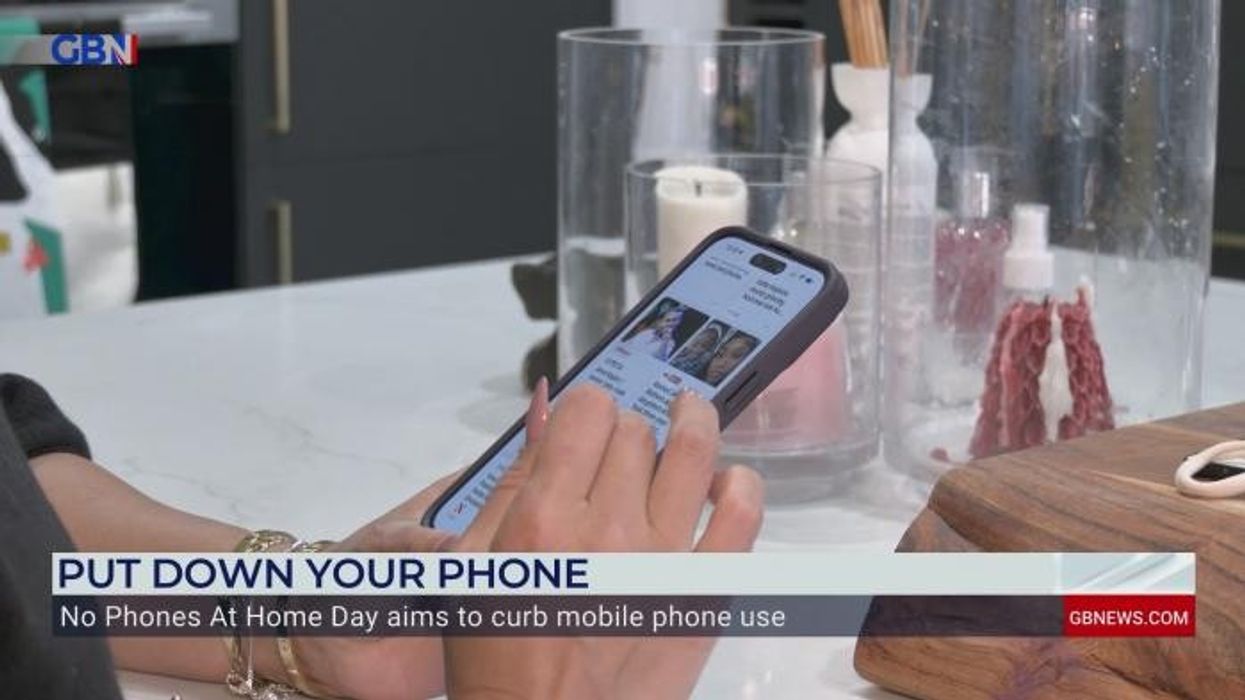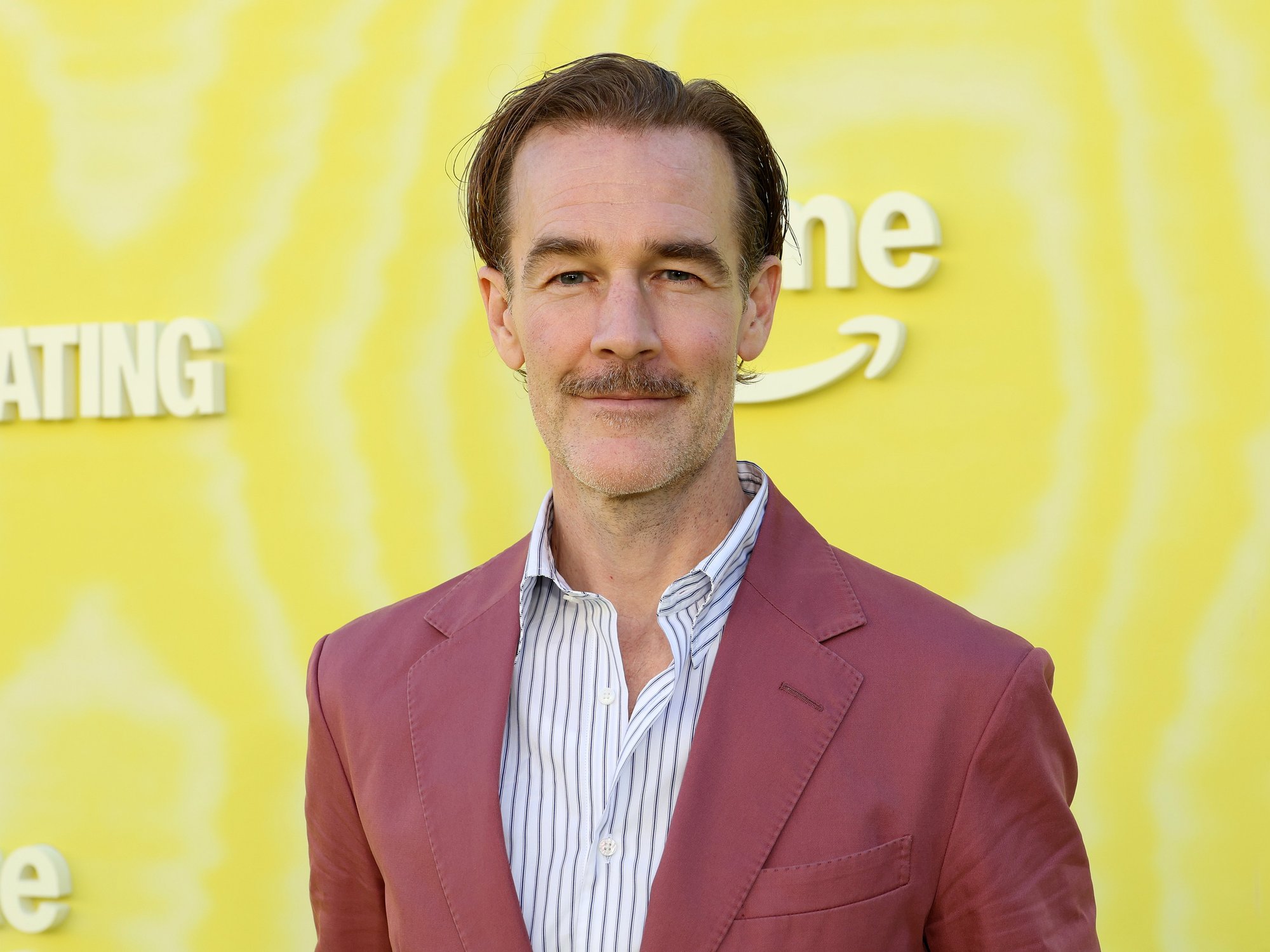Britons encouraged to put away devices for No Phones at Home Day

Dr Armitage created No Phones at Home Day, a national event on the third Saturday of January
Don't Miss
Most Read
Children’s mental health is at risk due to excessive use of devices, according to experts.
Smart phones are part of our everyday lives – we use them for work, to stay in touch, and to catch up on social media.
But Dr Charlotte Armitage is warning that we at a point in society when significant cultural change needs to be made to protect the mental wellbeing and development of the younger generations.
The Leeds based psychologist and psychotherapist and single mother told GB News: “Devices are getting in the way of developing key interpersonal skills such as conflict resolution, tolerating difference, relationship building, all of the skills needed to navigate an adult life.

Smart phones are part of our everyday lives
|PA
“In adult life we need to be able to manage our relationships in order to hold down a job, to have friends, to have a partner, to have a marriage, if we don’t have the skills to manage relationships then all of these things become challenging and if we struggle in those areas, it has a really significant impact on our mental health.”
To encourage us to spend time away from our devices, Dr Armitage created No Phones at Home Day, a national event on the third Saturday of January, this year on the 20th, where people are challenged to ‘unplug’ and put their mobiles away and spend time together.
“Our children now, if they are on a trajectory to live until the age of 90, they will spend 25 years of their life looking at a screen,” she said.
“Every generation is used to having a phone like this now so we’re all really face down in these phones, not really aware of how much it’s consuming our lives, and I think we would all be a lot calmer, a lot less overwhelmed and less anxious if we did have time away from the devices.”
The Dillon-Pearson family live in Doncaster and like many across the UK rely on their devices but are putting them away on No Phones at Home Day.
Helen Dillon-Pearson, Mum of Four and Marketing Agency Owner, told GB News: “They [devices] are essential and they are a good thing to have and we all need them but on the other hand I think they can be a bit too much and everything in moderation really.
“I think this day really does highlight that and make us think consciously of not using them as much and spending time.”
It’s going to be a difficult task for her daughters Annabelle, 13, Emily, 16, and Harriet Dillon-Pearson, 10, who ordinarily have a daily four-hour screen time cap on their phones, but it’s a challenge that they are embracing.
“I’m a bit worried, but it’s going to be fun,” said Annabelle Dillon-Pearson.
Emily Dillon-Pearson said: “I’m going to lose all my streaks, and everybody is going to be missing me and be like ‘where are you Emily?’, but I feel like it will be beneficial for all of us.
Harriet Dillon-Pearson said: “Well I think it’s good for my sisters so they can play with me and so we can spend time as a family.”
For ideas on how to spend your phone free day, event details and for further insight into the impact technology is having on children, head to www.nophonesathomeday.com or via their Instagram @nophonesathome #NPAH











